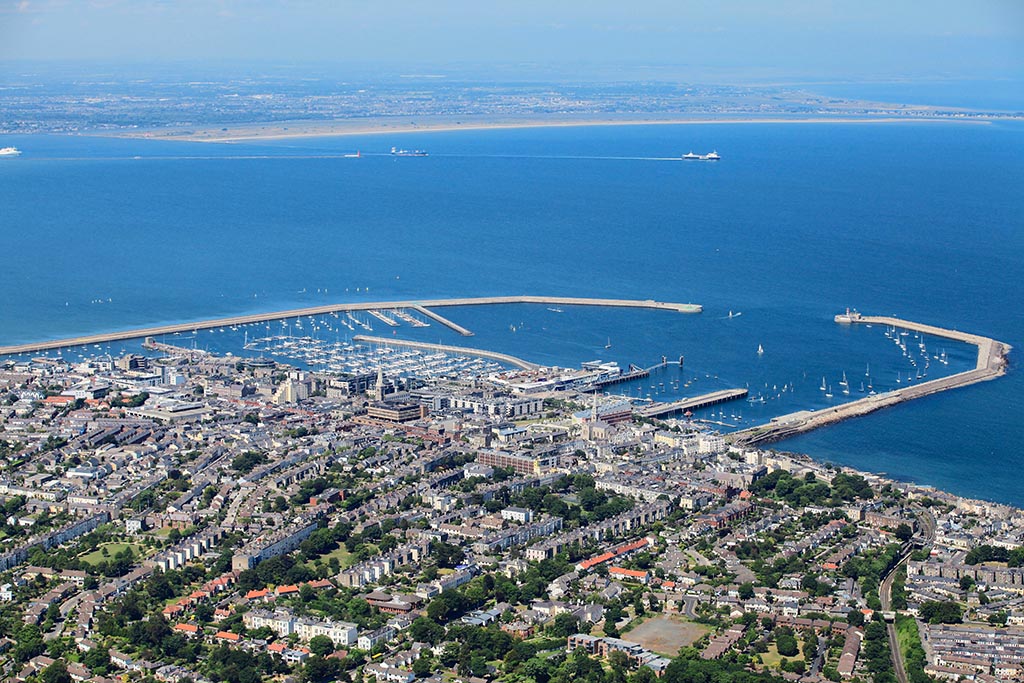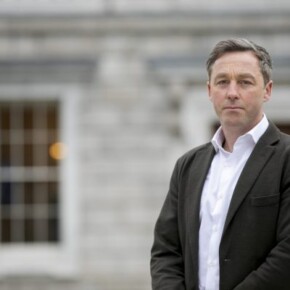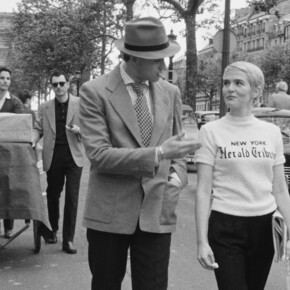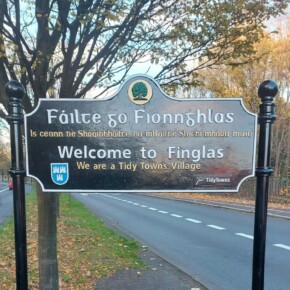Election season heats up in Dún Laoghaire
Mike Finnerty 07 Aug 2024
Election season in Dún Laoghaire is heating up, as opposition parties look to claim a scalp.
The four-seater returned TDs from the eventual three coalition parties (Fianna Fáil, Fine Gael and the Greens) as well as People Before Profit in 2020.
Now, the Social Democrats and Labour have joined Fine Gael in picking their candidates to stand for the upcoming general election.
The Social Democrats will be running their local election candidate Hugo Mills, while Labour will be running their councillor from Blackrock, Martha Fanning.
Mills and Fanning are among the first to declare alongside Fine Gael’s Jennifer Carroll MacNeill and her running mate, Senator Barry Ward.
Mills failed to be elected in June, having been a replacement for the original Social Democrats candidate Orli Degani who was dropped by the party following an internal review.
Degani alleged that the party objected to her raising concerns over the party’s stance on the Israeli-Gaza conflict and dropped her from the ticket in May.
Degani ended up running as an independent and secured 3.8% of first preferences compared to Mills’ 5.7%.
The combined total of first preferences would have been enough for the Social Democrats to win a seat in Dún Laoghaire, but neither candidate was elected.
The Dún Laoghaire constituency saw three Fine Gael candidates (Lorraine Hall, J.P Durkan, Mary Fayne) elected, along with a Green candidate (Tom Kivlehan) a Labour candidate (Thomas Joseph) and People Before Profit (Melisa Halpin).
For all of their success on Dublin City Council, the Social Democrats failed to increase their numbers on Dún Laoghaire-Rathdown Council remaining on just one councillor.
The Social Democrats did contend the Dún Laoghaire Dáil constituency in 2020, but finished 11th out of 13th with 2.2% of first preferences.
Law student Mills was selected by the party in July, saying “it is an honour to have been chosen in a competitive candidate selection convention to be the candidate for Dún Laoghaire in the upcoming general election.”
“I’ll be out on the doors very soon, and I look forward to meeting voters to discuss our vision for Ireland,” he said.
Labour, by comparison, are well established in Dún Laoghaire, with the party topping the Dail poll in the area as recently as 2011.
The seat was subsequently lost after former Tánsaite Eamon Gilmore opted not to run in the 2016 general election and the seat has eluded Labour since.
In the 2016 general election, Labour’s share of the vote slid from 30.2% in 2011 (Gilmore was elected with 20.1% of first preferences while running mate Ivana Bacik attained 10% of votes) to 8.8%.
In 2020, the share of the vote slid even further to 4.8%, with Richard Boyd Barrett of People Before Profit’s share of the vote increasing right as Labour’s went into terminal decline.
Blackrock councillor Fanning increased Labour’s share of the vote in the area in June’s local elections, with Fanning attaining 7.4% of first preferences compared to their 5.1% haul in 2019.
Fanning said she was “honoured and delighted” to be chosen as the Labour candidate and she was “looking forward to a great campaign.”
Blackrock saw the Greens top the poll in 2019 with 24% of the vote, but the Green share of the vote tumbled to 9.7% this year.
On Dún Laoghaire-Rathdown Council, the overall Green vote dropped 10.1% compared to 2019, with Fine Gael increasing their vote share by 5.9% and the Social Democrats increasing their share of the vote by 3.9%.
The Green decline across Dún Laoghaire serves as further evidence that the Green vote from 2019 and 2020 consisted of socially progressive voters who were frustrated with Fine Gael during their ill-fated government with independents, and voters who wanted a break from the norm by voting for the Social Democrats.
In Blackrock itself, Fine Gael’s Marie Baker secured the second biggest majority on Dún Laoghaire-Rathdown Council with 24.7% of first preferences.
The honour of the biggest majority on the council went to independent Michael Fleming who scored 32.9% in Glencullen-Sandyford.











